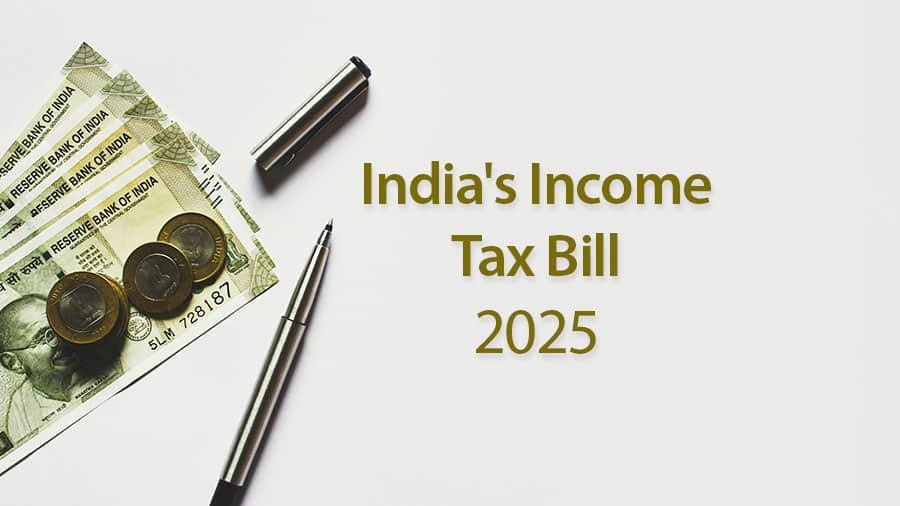Key Features of New Income Tax Bill 2025
The New Income Tax Bill 2025 aims to modernise and simplify India’s income tax framework. Scheduled to take effect on April 1, 2026, the bill introduces several changes while maintaining existing tax rates and principles. It focuses on clarity, coherence, and ease of understanding for taxpayers, addressing long-standing complexities in the current tax legislation.
Core Principles of the Bill
The bill is guided by three core principles – simplification of language and structure, continuity in tax policy, and preservation of existing tax rates. These principles ensure that taxpayers can navigate the tax system with greater ease and predictability.
Introduction of ‘Tax Year’
A notable change is the introduction of the ‘tax year’ concept, replacing the previous assessment year terminology. This shift aligns with international practices and aims to reduce confusion surrounding tax periods, making it easier for taxpayers to understand their obligations.
Structural Improvements
The bill adopts a three-pronged approach to enhance readability. It eliminates complex language, removes redundant provisions, and reorganises sections logically. This restructuring reduces the total number of sections from over 800 to 536, improving navigation through the legislation.
Alignment with Existing Law
Despite its changes, the New Income Tax Bill largely aligns with the Income-tax Act of 1961. It consolidates similar provisions, eliminates obsolete sections, and presents information in a more accessible format, including the use of tables for tax slabs and deductions.
Modernisation of Provisions
The bill incorporates modern financial realities, including clear definitions for virtual digital assets. It also consolidates various tax deductions related to salaries into a single section, streamlining the filing process for taxpayers.
Taxpayer’s Charter
The Taxpayer’s Charter outlines the rights and responsibilities of taxpayers. This charter aims to enhance transparency, reduce compliance costs, and ensure equitable treatment by tax authorities.
Focus on Digital Compliance
The New Income Tax Bill emphasises digital compliance, aiming to streamline tax filing, dispute resolution, and assessment procedures. This focus on technology is intended to reduce litigation risks and improve taxpayer experience.
Anticipated Impact
The bill is expected to encourage a more transparent tax environment, encouraging compliance and reducing disputes. By simplifying the tax code, the government aims to enhance taxpayer confidence and promote economic growth.
Month: Current Affairs - February, 2025
Category: Economy & Banking Current Affairs








